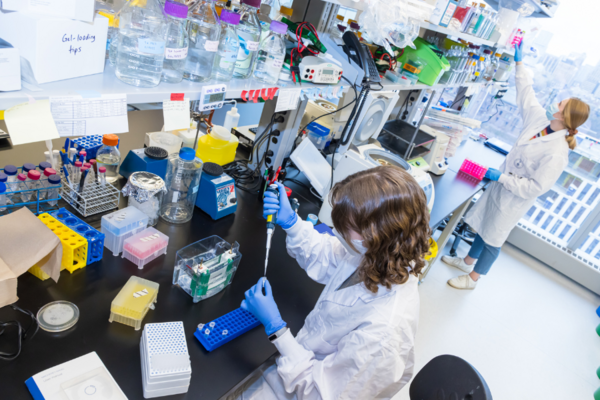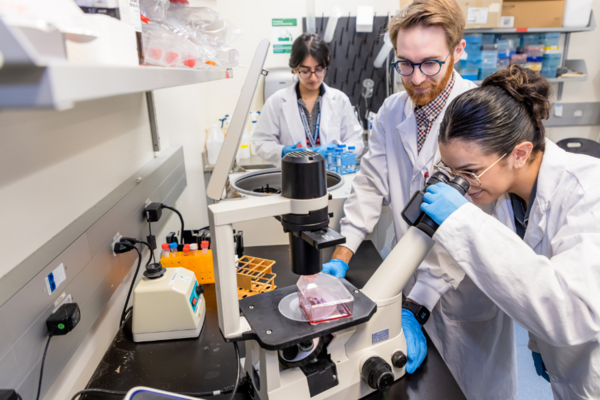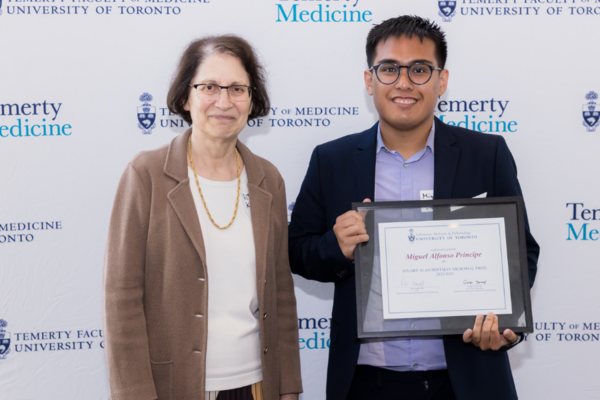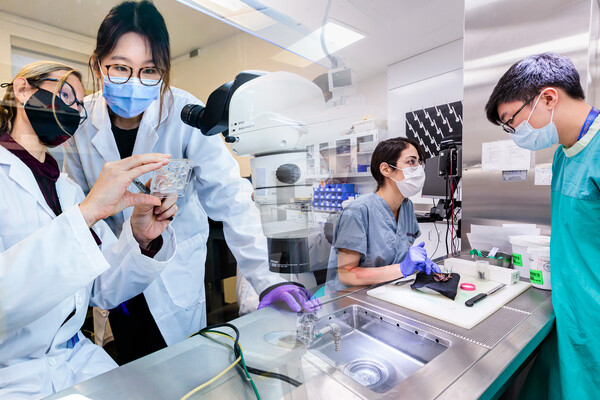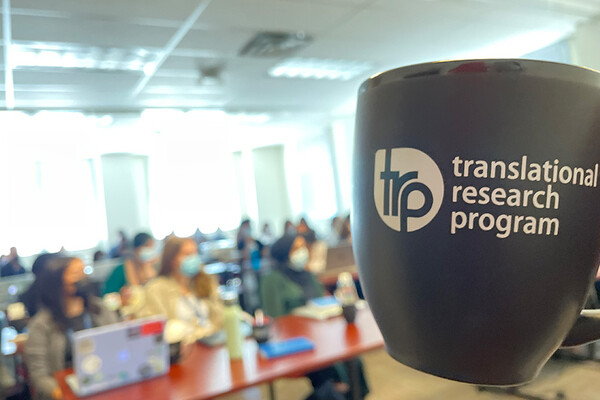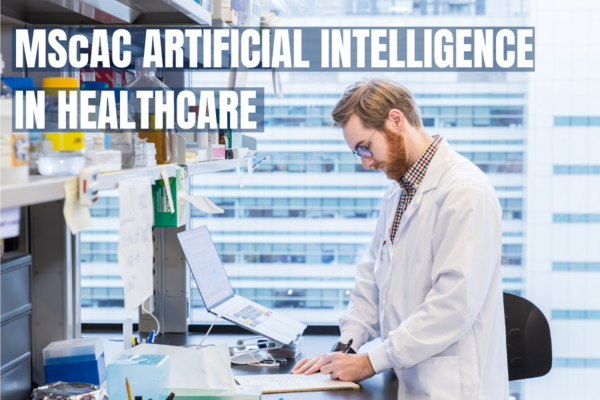Our graduate program, one of the largest and most diverse at the University, spans basic, translational and clinical research.
The program of study in the Department of Laboratory Medicine & Pathobiology provides a curriculum of courses and a broad-based multidisciplinary approach to research in mechanisms of disease leading to MHSc, MSc and PhD degrees.
Our programs emphasize:
- the development of analytical technologies
- the application of basic research techniques in biochemistry, cell biology, clinical biochemistry, experimental pathology, genetics, immunology, and molecular biology to the study of mechanisms of cell and tissue injury and the pathogenesis of disease
- the nature, mechanisms, therapy, and prevention of microbial diseases in humans, as well as the processes by which pathogenic microbes are spread.
Research stream programs
Work with world-leading researchers for your two-year MSc.
Work with world-leading researchers for your PhD across multiple research sites.
There are many reasons to choose us for your research stream MSc or PhD - explore why.
Useful information for our current students: access forms, policies, and procedures.
Professional masters programs
A two-year program to enable you to become a Pathologists' Assistant or a Clinical Embryologist.
A Master of Health Science (MHSc) in Translational Research. Learn to develop methods of inquiry, best practices, and frameworks to optimize the successful design, development, implementation, testing, and dissemination of innovation in healthcare.
A 16 month Master of Science in Applied Computing with an AI in Healthcare concentration. The first of its kind to provide practical applied machine learning training for life science and computer science students and medical trainees who wish to enter the field of healthcare in a very different capacity and want to enhance the delivery of medical care.


